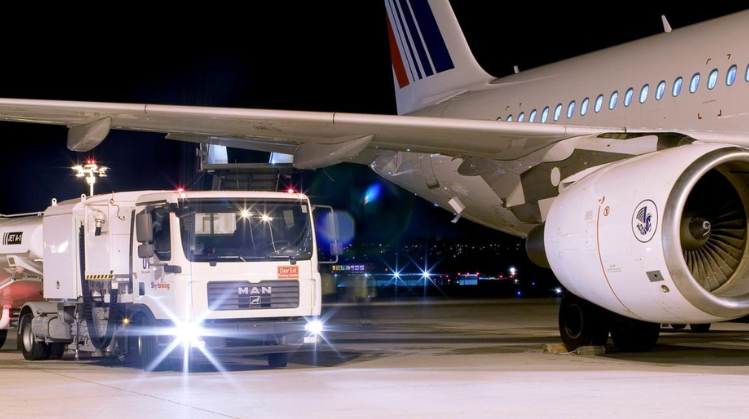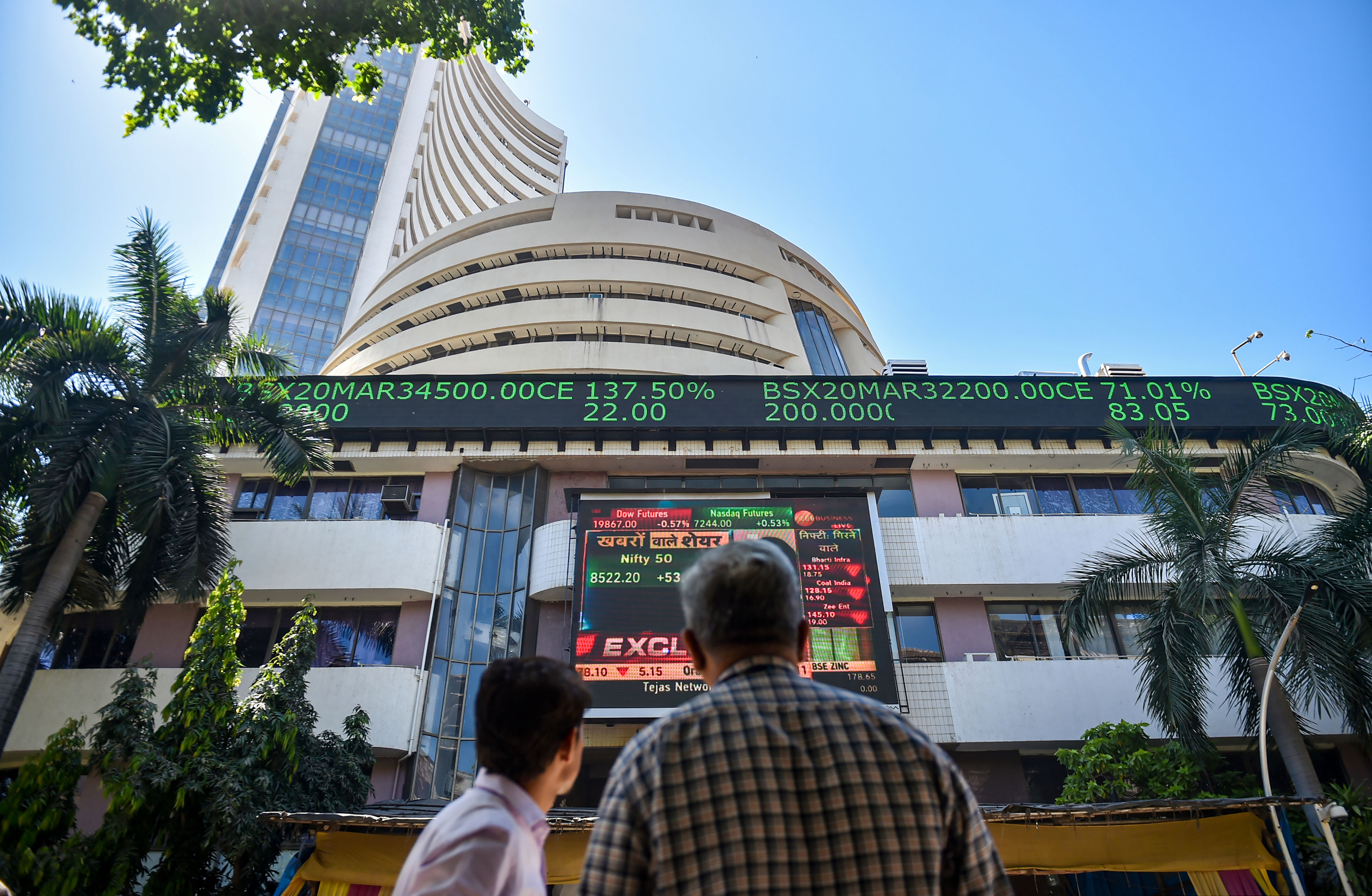India provided more climate finance in 2022 than rich nations: Report
The analysis, conducted by UK-based think tank ODI and the Zurich Climate Resilience Alliance, comes amid a renewed push by some developed countries to broaden the donor base for climate finance to include developing countries
PTI
-
Representative Picture
New Delhi, 4 Sept
India contributed USD 1.28 billion
in climate finance through multilateral development banks (MDBs) in 2022,
surpassing the contributions of many developed countries, according to a new
analysis.
The analysis, conducted by the
UK-based think tank ODI and the Zurich Climate Resilience Alliance, comes amid
a renewed push by some developed countries to broaden the donor base for
climate finance to include developing countries like China and Saudi Arabia.
The report reveals that only 12
developed countries provided their fair share of international climate finance
in 2022. These countries are -- Norway, France, Luxembourg, Germany, Sweden,
Denmark, Switzerland, Japan, the Netherlands, Austria, Belgium and Finland.
Researchers noted that the
significant gap in climate finance is largely due to the United States failing
to contribute its fair share. Australia, Spain, Canada and the United Kingdom
also performed relatively poorly in this regard.
The analysis has identified the top
30 non-Annex II countries that provided substantial climate finance to
developing countries in 2022 through multilateral contributions to development
banks and climate funds.
This group includes former
economies in transition like Poland and Russia, countries that have achieved
high-income status since 1992, such as Chile, Kuwait, Saudi Arabia and South
Korea, and middle-income countries with large populations, including Brazil,
China, India, Indonesia, Mexico, Nigeria, the Philippines and Pakistan.
India provided USD 1.287 billion in
climate finance to other developing countries through MDBs in 2022, a sum
larger than what was contributed by some developed countries like Greece (USD
0.23 billion), Portugal (USD 0.23 billion), Ireland (USD 0.3 billion) and New
Zealand (USD 0.27 billion).
China provided USD 2.52 billion in
climate finance through MDBs in 2022, Brazil gave USD 1.135 billion, South
Korea USD 1.13 billion and Argentina USD 1.01 billion.
According to the United Nations
Framework Convention on Climate Change (UNFCCC), adopted in 1992, high-income,
industrialised countries (referred to as Annex-II countries) are responsible
for providing finance and technology to help developing countries combat and
adapt to climate change. These countries, including the US, Canada, Japan,
Australia, New Zealand and European Union (EU) member states, such as Germany,
France and the UK, have historically benefitted from industrialisation and
contributed the most to greenhouse gas emissions.
At COP15 in Copenhagen in 2009,
these developed countries pledged to jointly provide USD 100 billion each year
by 2020 to help developing countries mitigate and adapt to climate change.
However, this target has not been fully met, leading to a significant finance
gap. This shortfall has eroded trust and hindered climate action in developing
countries.
In May, the Organisation for
Economic Cooperation and Development (OECD) claimed that developed countries
had met the long-standing USD 100 billion-a-year promise by providing nearly
USD 116 billion in climate finance to developing countries in 2022, with nearly
70 per cent of the money given in the form of loans.
The ODI researchers pointed out
that many developed countries, despite performing well in terms of
climate-finance contributions, would make "markedly less progress towards
meeting their fair share if the finance provided was accounted for on
grant-equivalence terms" -- in other words, if it reflected their real
fiscal effort.
The report calls for the inclusion
of a "burden-sharing mechanism" in the New Collective Quantified Goal
(NCQG) to provide clarity on each country's obligations and hold countries
accountable.
The NCQG refers to the new, larger
amount that developed nations must mobilise annually, starting 2025, to support
climate action in developing countries. Countries are expected to finalise the
NCQG at this year's UN climate conference -- COP29 -- in Baku, Azerbaijan in
November.
The current USD 100 billion annual
climate-finance goal is a collective commitment by developed countries. Its
collective nature has meant that individual developed countries are not
accountable for specific sums of money, potentially reducing the overall amount
of climate finance provided due to the lack of individual scrutiny.
The inclusion of a burden-sharing
arrangement among developed countries could potentially strengthen the NCQG by
fostering greater accountability and trust among parties, according to the ODI
researchers.
Many developing countries,
including India, have recently advocated for such an arrangement to enhance
accountability among developed countries.
Leave a Reply
Your email address will not be published. Required fields are marked *










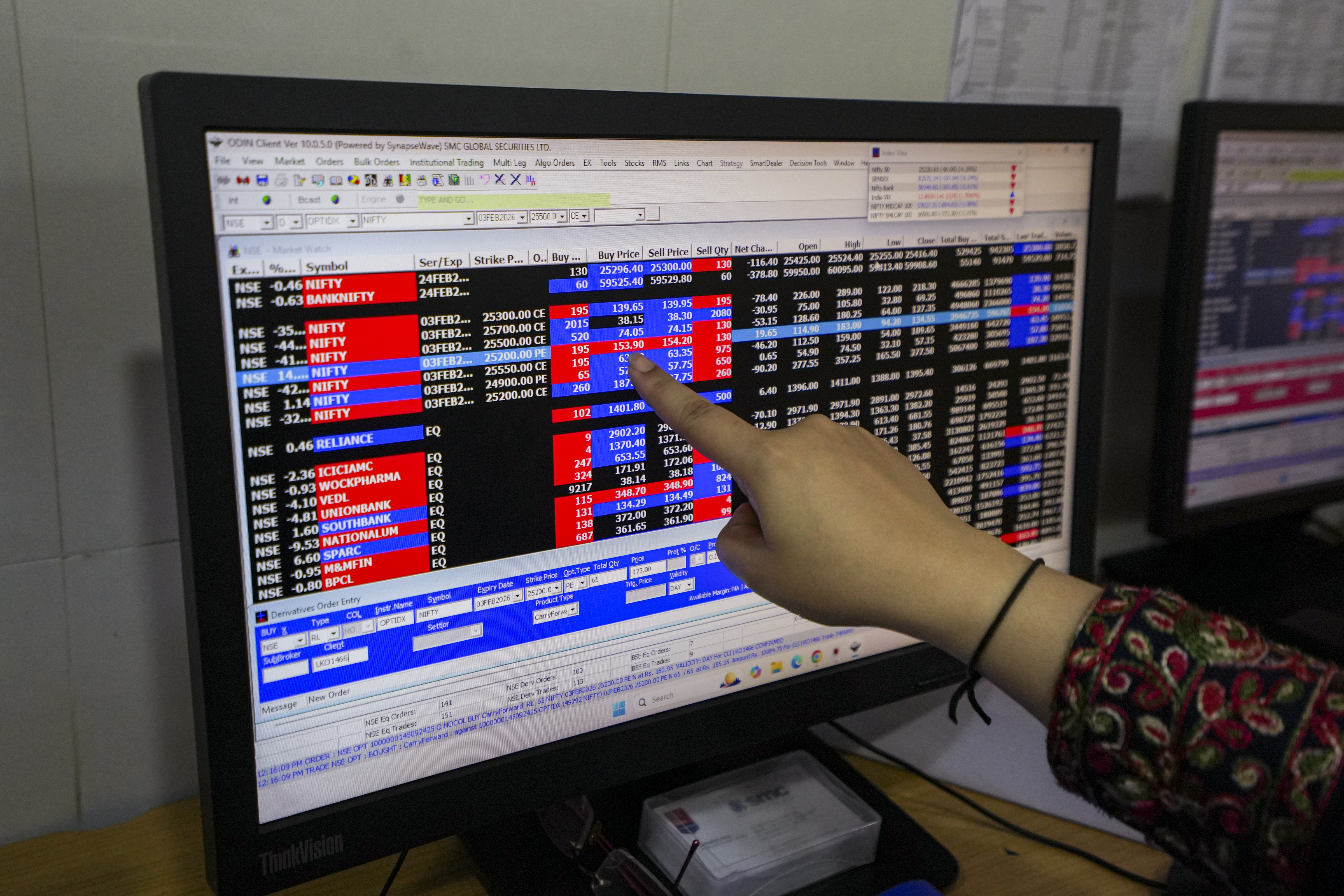
.png)
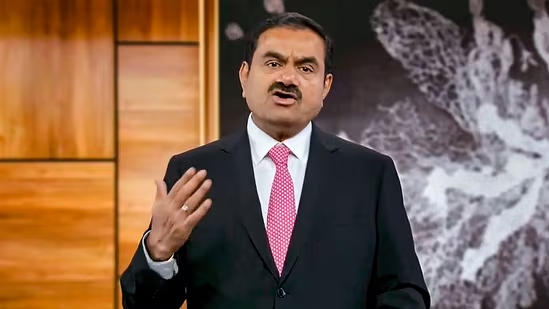



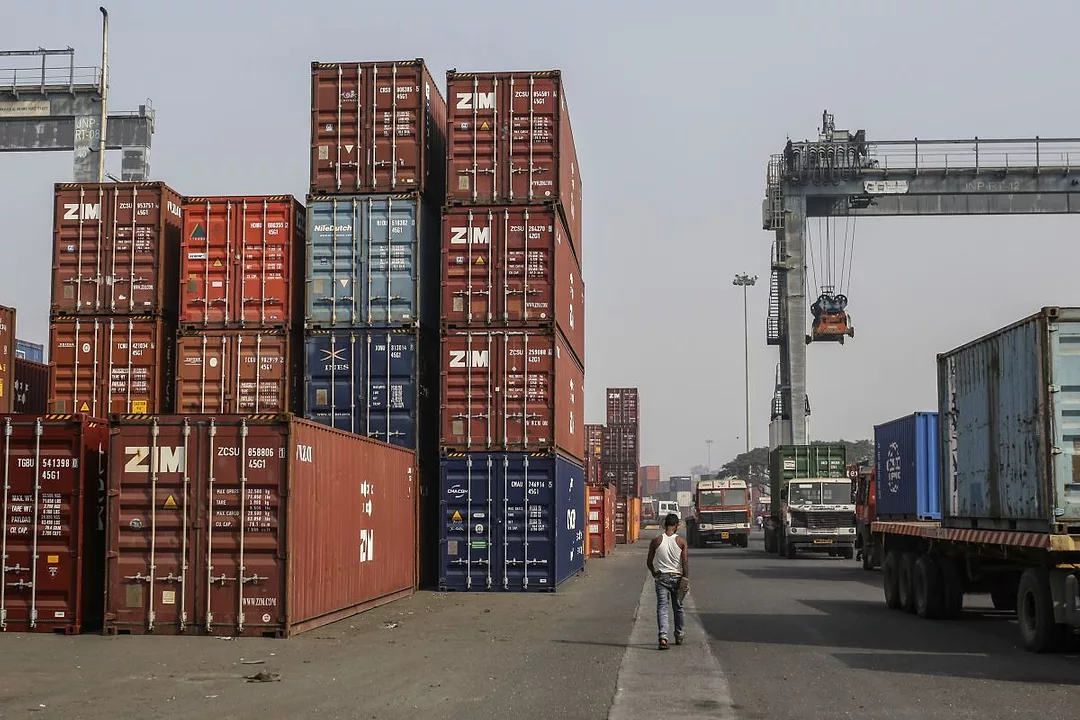
.png)
